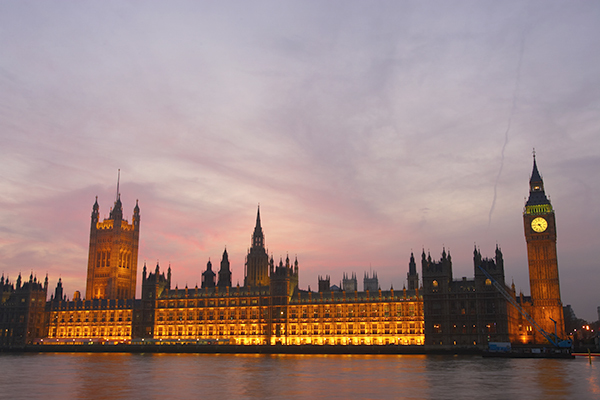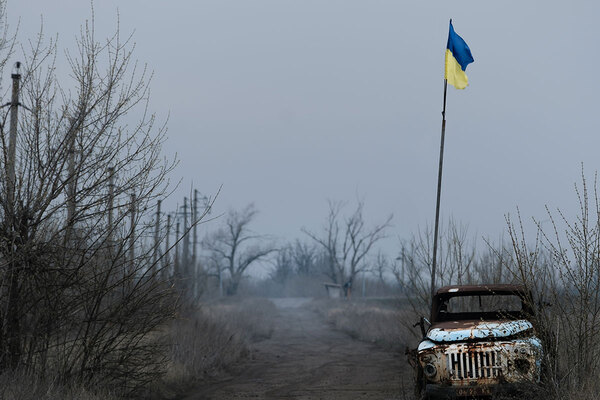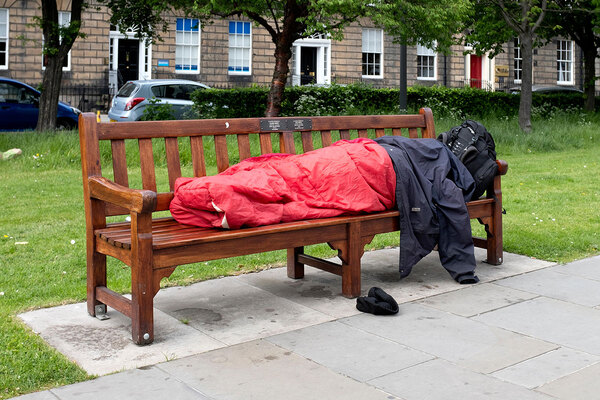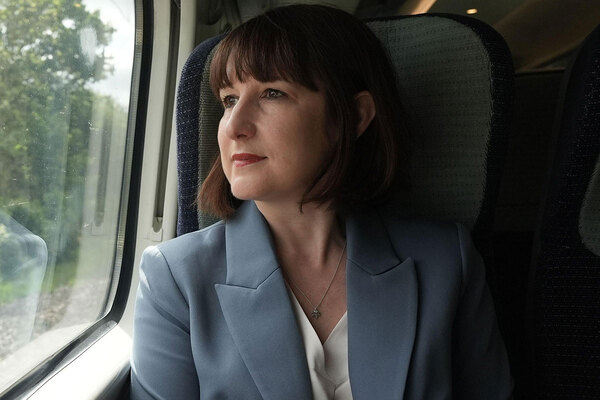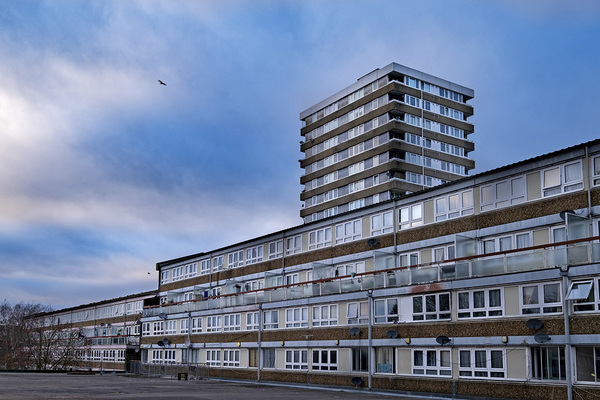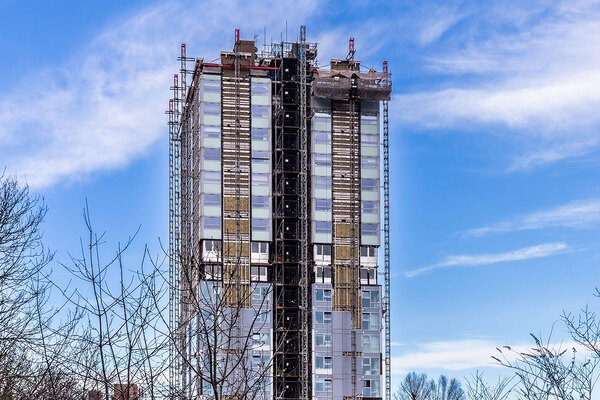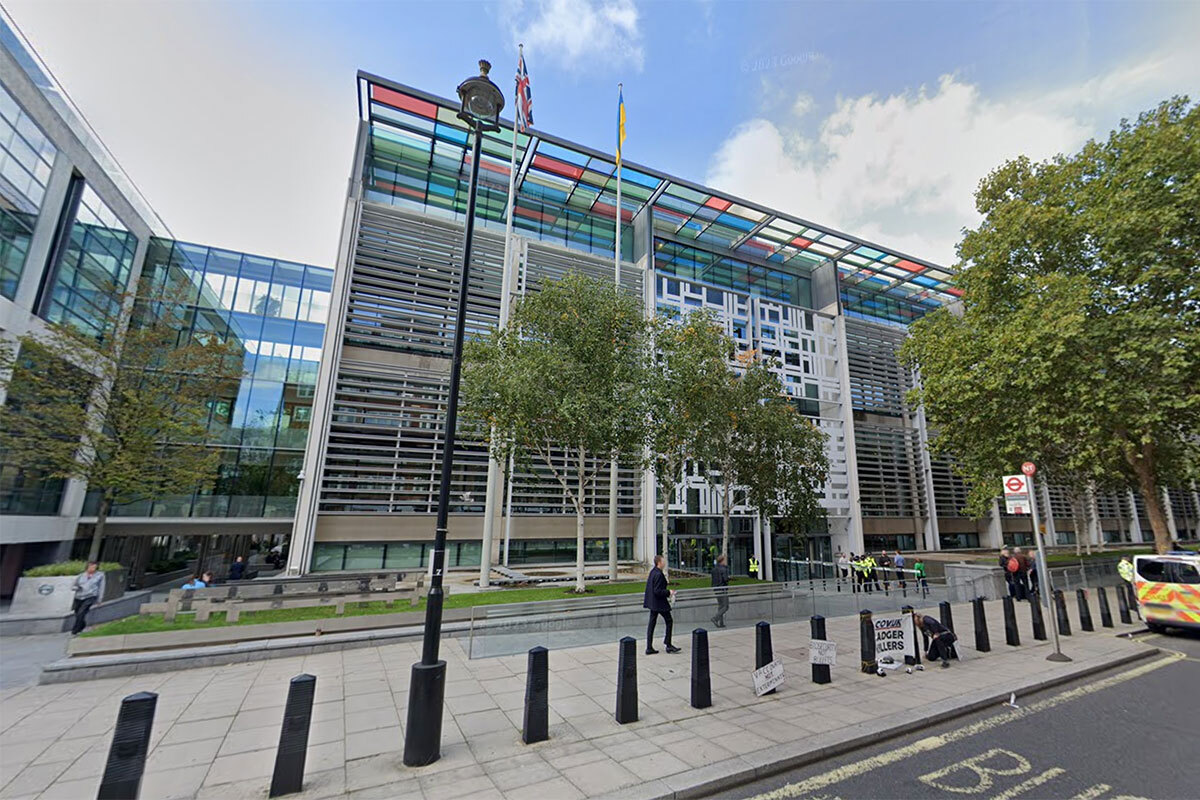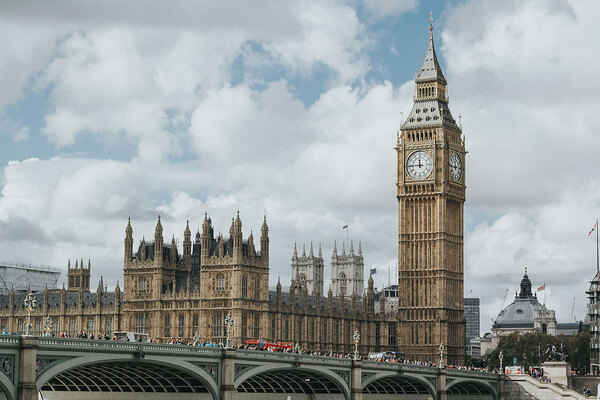You are viewing 1 of your 1 free articles

John Perry is a policy advisor at the Chartered Institute of Housing
The Homes for Ukraine scheme exposes strengths and weaknesses in Britain’s housing system
Under the Homes for Ukraine scheme, individuals offered their spare rooms to house refugees. John Perry considers what the successes and failures of the scheme can tell us about the UK’s housing system
More than 140,000 refugees have arrived from Ukraine since the conflict began in February 2022. This is a significant number in barely nine months, especially when you compare it with the 15,451 people granted asylum or resettlement in the UK in 2021/22.
Ukrainians formed the third specific refugee inflow in just 18 months, with 113,000 Hong Kongers granted visas to come to the UK since January 2021 and about 18,000 people evacuated from Afghanistan in 2021 (neither group is included in the 2021/22 asylum figures).
These arrivals no longer attract much media attention, because it is “small boat” arrivals that grab the headlines. But while these numbers have increased, it is still Ukrainians and Hong Kongers who dominate the arrival figures, as a helpful chart from Free Movement shows.
Ukrainians, Hong Kongers and Afghans arriving under specific schemes are generally entitled to benefits, to help if they are homeless and to apply for social housing. Their treatment is similar to that of refugees accepted under resettlement schemes, such as those from Syria (over 5,000 resettled each year from 2016 to 2019).
However, it contrasts sharply with the treatment of non-European asylum seekers who arrive undocumented. They receive very limited financial support and very basic accommodation, even if they are from the same countries as those accepted under official schemes.
“Those arriving from Ukraine face many difficulties, but they have been made much more welcome than other nationalities seeking asylum”
There are differences, too, between groups of recent arrivals. Hong Kongers, being generally more affluent, are expected to find housing in the private sector (although they can access public funds as a safeguard).
Afghan evacuees were to be resettled in a similar way to earlier Syrian arrivals, but the government has struggled to find enough social housing, leaving around 10,000 stuck in hotels, some for more than a year.
With about 26,000 ‘regular’ asylum seekers already in such accommodation, the Home Office’s total hotel bill is £6.8m per day.
In attempts to keep costs down, the government has not only created the scandal of the overcrowded Manston asylum reception centre, but it is also moving hotel residents to cheaper places, where there may be no nearby facilities, such as airport hotels (described in the latest Housing Rights newsletter).
Those arriving from Ukraine face many difficulties, but they have been made much more welcome than other nationalities seeking asylum. Two special Home Office schemes have been developed alongside a third run by the Department for Levelling Up, Housing and Communities (DLUHC) and the devolved administrations.
In the most ambitious and innovative scheme, Homes for Ukraine, about 200,000 ordinary householders applied to ‘sponsor’ those needing refuge, with 102,000 people housed so far. Hosts are paid £350 per month and have been asked to stay in the scheme beyond the six months agreed initially. Neither this scheme nor the other two smaller ones are available to other refugees.
Unsurprisingly, given the scale of the effort, there have been considerable problems, including safeguarding issues, (many arrivals are mothers with children or unaccompanied young people) and hosting arrangements breaking down for various reasons. Now, increasing numbers of refugees are applying to local councils as homeless (2,175 cases by late October, the majority resulting from the hosting scheme). Local authorities have expressed concern that public support for Ukrainians might be eroded if they have to be given social housing ahead of others in the ‘queue’.
In theory, Ukrainians, Afghans and others with leave to remain can rent privately, but they encounter severe barriers when it comes to deposit requirements and not having a record of UK employment or previous tenancies. In England, where landlords have to ask for proof of immigration status, newcomers are disadvantaged by not having UK passports.
“If owners see a moral imperative and can be given a financial incentive to use their spare space, many will do so, at least in the short term”
The influx of Ukrainians, added to those from other recent conflicts, has highlighted severe weaknesses in the UK housing system, especially in England. If resettlement falls on local authorities (either via official schemes or because people present as homeless), it exposes the inadequate supply of social housing in most areas and a very limited ability to respond to crises. The long-term answer to this must be more investment in social housing. In the short term, deposit and guarantee schemes could facilitate access to the private rented sector.
However, there are also positive lessons to be drawn from the experience of housing Ukrainian refugees.
One is that large-scale emergencies can be faced, at least temporarily. Another is that strong ministerial coordination can be very productive (in this case from Lord Harrington, the former refugees minister, whose responsibilities are now shared between Felicity Buchan MP and Baroness Scott).
And the third is that there are new ways of using the spare capacity in the housing system and reducing under-occupation, especially by owner-occupiers. If owners see a moral imperative and can be given a financial incentive to use their spare space, many will do so, at least in the short term. The principle could be extended to other groups, such as asylum seekers whose claims are approved and who then have to find their own accommodation.
Perhaps the biggest lesson is that responding to the crisis in Ukraine required imagination: it is important that we continue to use it.
John Perry is a policy advisor at the Chartered Institute of Housing
Sign up for the IH long read bulletin
Already have an account? Click here to manage your newsletters

